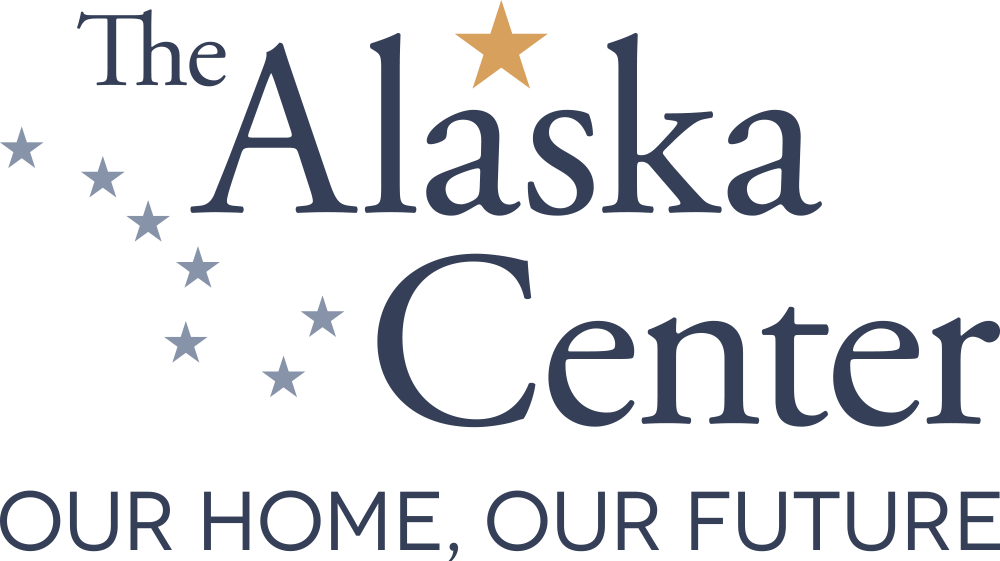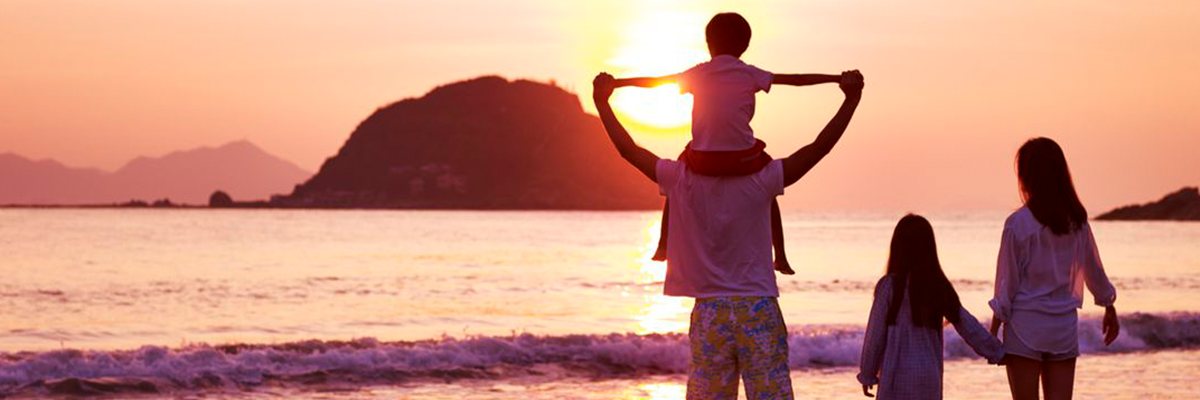Economy means management of home. But the short-sighted efforts to “reopen the economy” reveal a fundamental misunderstanding of what a whole, healthy and functioning economy looks like, and a complete disregard for the foundation of home: our families.
Our economic production is dependent upon child care, yet our economic model has neglected to put our home and families at the center, leaving a large gap that makes it impossible to achieve a truly stable and just economy. Without first ensuring affordable and accessible child care, we are placing a large portion of our friends and families into choosing between their jobs and taking care of their children.
As the Reopening Alaska Responsibly plan rolls out, we see this failed model in action, with child care and education needs being considered much later in the process, if at all. We are not hearing our governor talk about how hard it is for parents trying to meet work expectations at home while caring for children. Or the demands of filing for unemployment piling up. Or the children who no longer have caring adults outside of the home they can rely upon, or children with disabilities who desperately need services, or older kids left at home to watch their younger siblings while their parents work. We barely hear about the thousands of Alaskans facing crushing debt, unsure if they will be able to keep their homes or afford food, or those who’ve recently lost health insurance.
The approach of our governor and lawmakers across our country is emblematic of a much deeper societal problem: the practice of making caregiving invisible in our economy.
Right now, we ask: Who or what will absorb all of the unmet schooling and child care needs? What will happen to parents who can’t go back to work because they don’t have child care and face being permanently fired for not returning? Why are child care and summer camp guidelines coming out so long after people have been told to go back to work?
Like other parts of our economy, this pandemic has exacerbated inequalities, illuminated inequities and elevated how broken our child care system is. Child care workers are primarily women and women of color who are not paid well. Single parents do not have any relief; and single mothers pay much larger proportions of their income toward child care compared to two-parent households. Frontline workers and parents with lower incomes have to choose between their health, their children, and their jobs. Eighty-five percent of brain development occurs in the first five years of life and childhood adversity is the strongest predictor of health and social problems later in life, yet early education is deplorably underfunded.
We cannot return the child care system to the state it was in before the pandemic. What we need is deep structural transition that better values the work we know is sustaining our economy.
This moment is our chance to put a different vision forward for how we manage our home and take care of working families. A whole and healthy economy could include mandatory paid parental leave for birth or the welcoming of a new child; universal early childhood education; affordable child care for all families no matter their income; additional support for single parents and those needing nontraditional hour care; on-site workplace day care; and adequate support for those who work in child care. The cost of not doing these things could be catastrophic.
We need a new model, and we need more people who understand first-hand the stressors of parenting and working to help guide strategies. This should not rely solely on government support; we need businesses, nonprofits, parents and others to come together to develop a sustainable approach for supporting our children. If we dare to reimagine our child care system, we could put so many ideas into action that would help our communities and economy thrive.
Mother’s Day is here, and we look forward to the flowers and cards and maybe sleeping past 6 a.m. But we are far more eager to see innovative, compassionate and durable policies that can support all Alaskan children and families for the long term. Now is the time to create and support the homes we want.
By
Polly Carr, a mother of one child, director of two nonprofits, and her family owns a small business.
Kendra Kloster, a mother of two children and director of two nonprofits.
Jasmin Smith, a single mother of twins and owns 3 businesses.
Ana Verzone, DNP, a mother of one child, and is a family nurse practitioner, certified nurse midwife and an assistant professor of nursing.
Share this Post

